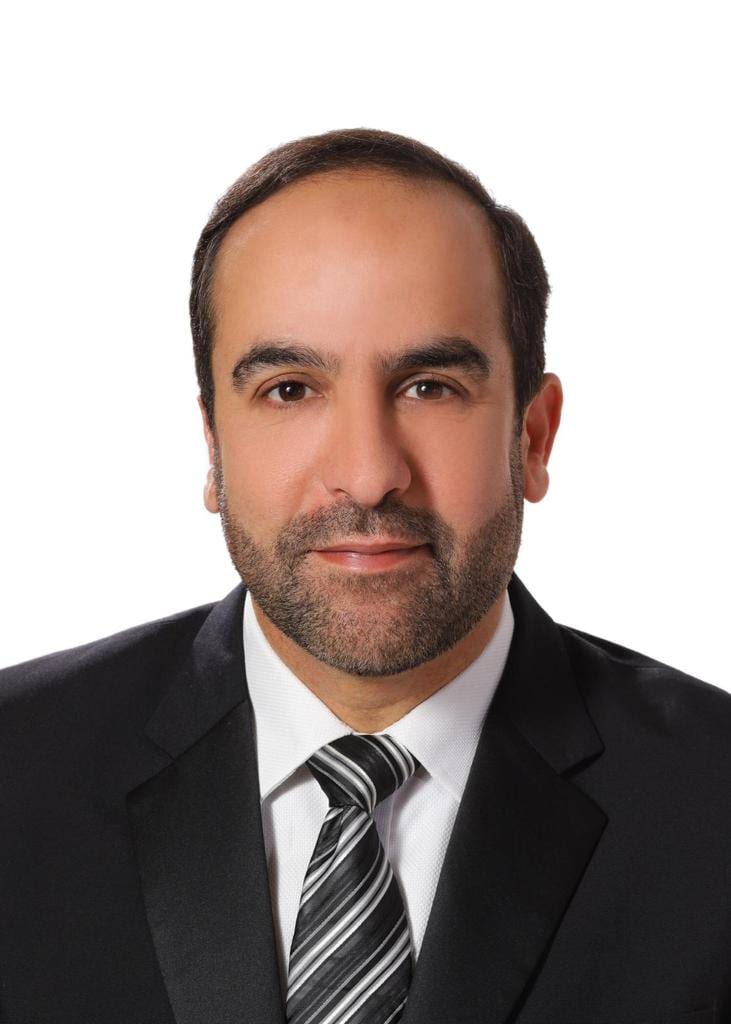Around 130 poverty-stricken people were forced to covertly work in a parking lot under a residential building in Tangier, northern Morocco, sewing clothes for international brands. When the level of precipitation slightly increased, the place was flooded with rainwater leading to a short circuit that killed dozens of employees. Among the victims was a young bride who was about to get married. Her destiny instead was to wear a white shroud instead of a white wedding dress.
A 150 square metre underground garage, three and a half metres in height, was covered by water. The workers were exposed to electric shocks and could not escape death due to the absence of necessary safety regulations in the illegal workplace. The victims died in abnormal conditions as far as precautionary and safety measures are concerned, even if the torrents and rain were the direct cause of this tragedy. The loss of lives was accompanied by material damage caused by the floods in the Inas and Al-Abouri neighbourhoods in Tangier, where many homes became uninhabitable.
This is not the first incident to occur in Morocco, as people remember the Rosamor incident in 2008, in which 56 people were killed, the Tichka tragedy that led to the deaths of 42 people in 2012, the TanTan incident in 2015, during which 33 citizens met their deaths, as well Essaouira, where 15 people were also killed in 2017. Until now, very little of the results of investigations into these disasters have been revealed.
READ: Morocco: unemployment hit 11.9% in 2020
These tragedies do not only happen in Morocco, as all Arab countries have witnessed similar incidents at some point. There are the train crashes in Egypt, the collapse of shelters in Mauritania, the floods in Jeddah and the crash of the Sudanese plane, in addition to many others.
In the event that the authorities open an investigation, they usually put the blame on the weakest link, such as the train driver or a municipality employee, but seldom have we witnessed the resignation or dismissal of a minister. Indeed, many laws in Arab countries prevent citizens from suing the municipality or the concerned ministry, under the pretext of non-litigation. For example, if a pothole appears in the road due to the municipality’s negligence, and causes damage or an accident, you cannot sue the municipality, given that the municipality does not intend to harm you and has no dispute with you. Thus, laws indirectly encourage government employees to neglect their work and become indifferent towards their duties.
Similarly, medical accountability laws do not exist in our region, as citizens cannot sue any medical institution even if it directly causes harm to them or their family members. Then there are the incidents where the relatives of a patient assault medical staff (which is unjustifiable of course, whatever the excuse), while accusing the doctors of failing to fulfil their obligations towards the patient who died, wanting to retaliate for their loss, because there is no law that protects them.
Those who work in the black and parallel markets and endure inhumane labour conditions fully understand the failures of the state in protecting or providing necessary needs for them in the event that they cannot secure it for themselves – basic services such as housing, food and healthcare.
READ: Israel to double number of tourists going to Morocco
I recall the famous story of the Westerner who asks an Arab about his dreams, and the Arab answers that he dreams of getting married, owning a house and working. So his interlocutor replies in bewilderment: “I am not asking you about your rights, I am asking about your dreams!” These basic necessities have become dreams for that helpless Arab citizen. Despite the fact that his country’s authorities are continuously begging and borrowing from the world on his behalf, they violate his rights every day using the power of prevailing injustice and inequality. Meanwhile, due to growing corruption, the rich get richer and the poor get poorer.
Returning to the Tangier tragedy, what if that place was the seat of the Hirak Rif Movement, would the state and its apparatus still turn a blind eye? Could their presence be ignored by the concerned employee after accepting a small bribe? Certainly not, that would be a red line not to be crossed.
We accept that our situation cannot be reformed, and our conditions cannot be improved if we do not redraw our red lines so that citizens’ lives and safety become an indisputable priority. Following that, the remaining red lines can be subjected to discussions based on compatibility and compromise. When the proverb “the master of a people is the one who serves them” becomes a reality on the ground, then the meaning of true citizenship will prevail, and the values of justice that govern advanced nations will take hold.
The views expressed in this article belong to the author and do not necessarily reflect the editorial policy of Middle East Monitor.

![Emergency services gather at the site of illegal underground textile workshop that flooded after heavy rain fall in Morocco's city of Tangiers on 8 February 2021 [AFP/Getty Images]](https://i0.wp.com/www.middleeastmonitor.com/wp-content/uploads/2021/02/Tangier-factory-flood.jpg?fit=920%2C613&ssl=1)







